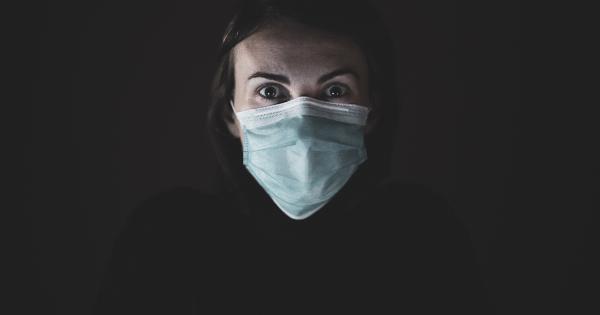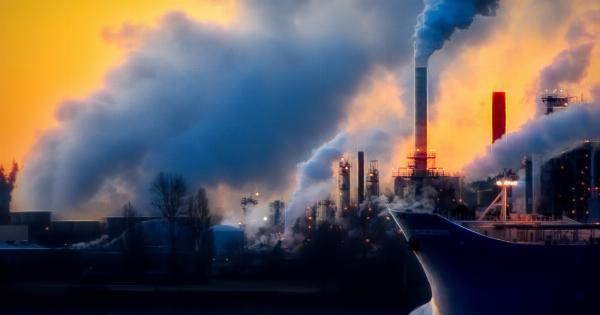Every year, 3 million people lose their lives to a silent killer that is present in almost every corner of the world. This killer is not an infectious disease or a natural disaster; it is air pollution.
Unlike other disasters, air pollution is a slow and insidious killer that often goes undetected until it is too late.
What is Air Pollution?
Air pollution is a mixture of particles and gases that are present in the air we breathe.
These particles can be natural or human-made, and they can come from a variety of sources, including transportation, industrial processes, and burning fossil fuels. These particles can range in size from PM10 (10 micrometers or less) to ultrafine particles that are less than 0.1 micrometers in size.
Some of the most common gases that are produced by air pollution include sulfur dioxide, nitrogen oxides, and carbon monoxide.
How Does Air Pollution Affect Our Health?
Air pollution can have a significant impact on our health, particularly our respiratory and cardiovascular systems.
Exposure to air pollution can cause a range of health problems, from minor irritation of the eyes, nose, and throat to more severe conditions such as asthma, chronic obstructive pulmonary disease (COPD), and lung cancer. Long-term exposure to air pollution can also increase the risk of heart disease, stroke, and other cardiovascular conditions.
Who is Most at Risk?
Everyone is at risk from air pollution, but certain groups are more vulnerable than others. These groups include children, the elderly, and people with pre-existing health conditions such as asthma or heart disease.
In addition, people who live near sources of air pollution such as highways, industrial sites, and power plants are also at increased risk.
What Can We Do to Reduce Air Pollution?
Reducing air pollution requires a multi-faceted approach that involves government action, individual responsibility, and technological innovation. Some of the most effective ways to reduce air pollution include:.
- Switching to renewable energy sources such as solar, wind, and hydropower
- Improving public transportation and encouraging the use of public transport over private vehicles
- Reducing the use of fossil fuels by increasing the use of electric cars and bikes
- Encouraging industries to adopt clean production technologies and reduce emissions
- Planting trees and green spaces to absorb pollutants
The Importance of Clean Air
Clean air is essential for our health and wellbeing, but it is also important for the health of our planet. Air pollution not only has a negative impact on human health, but it also contributes to climate change and environmental degradation.
By taking action to reduce air pollution, we can create a cleaner and healthier planet for everyone.
Conclusion
Air pollution is a silent killer that takes 3 million lives each year. To reduce air pollution, we must take a multi-faceted approach that involves government action, individual responsibility, and technological innovation.
By working together, we can create a cleaner and healthier planet for ourselves and future generations.



























